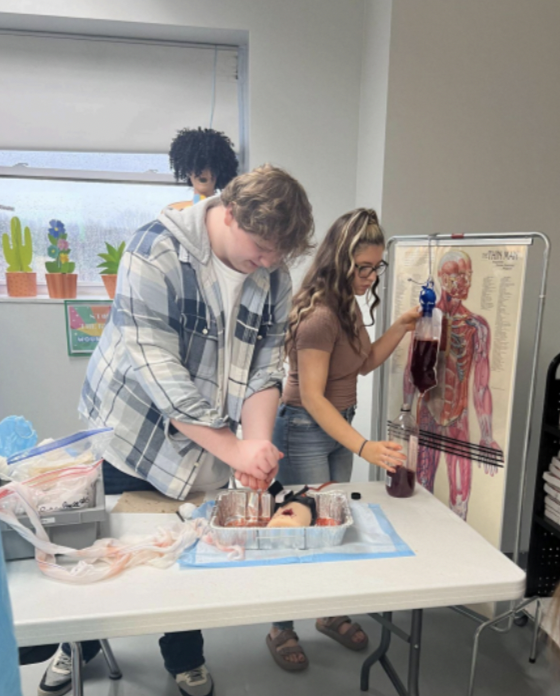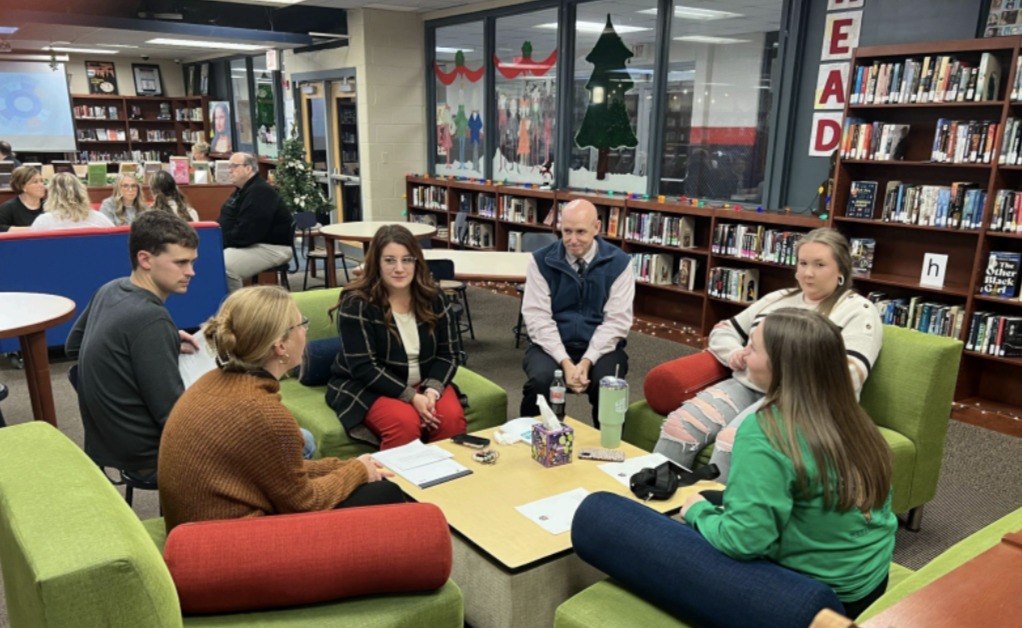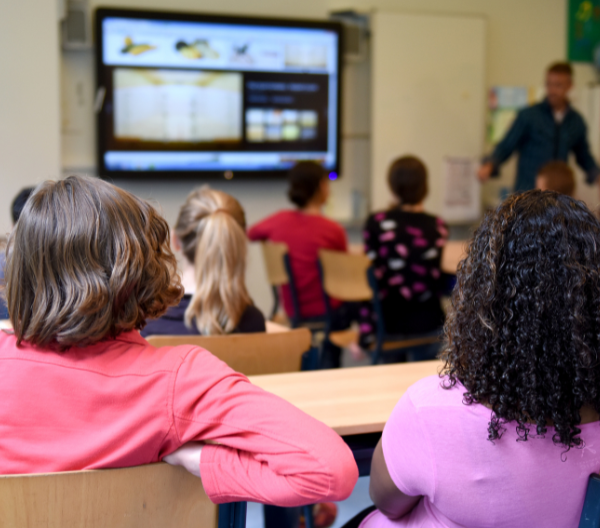Submitted by Dr. Jennifer Fraley
Dr. Jennifer Fraley serves as the Chief Academic Officer of Carter County Schools where she supports 11 schools in reaching their vision of The Standard of Excellence. Prior to this, she was the Teaching and Learning Lead for the Kentucky Valley Educational Cooperative where she worked with 27 rural, high poverty districts in advancing outcomes for all. She has a doctorate in Education Administration, and a Masters and Bachelor of Science in Education.
As K-12 schools and districts across the country are adopting “Profiles of a Graduate” or other similar distinctions, Carter County Schools knew we wanted to exemplify our district vision of “The Standard of Excellence” and approach this work in a meaningful and personalized way for our students. Through research into what other districts were doing, we noted that many districts were focusing on a common set of 5 or 6 skills for all students. We wanted to expand on this set of skills to encourage students to develop personalized skills and competencies aligned with their chosen pathway or trajectory.
Coincidentally, while we were researching and contemplating how to approach this work in our district, I attended a board meeting for the Prichard Committee for Academic Excellence where the Executive Director, Brigitte Blom, and shared America Succeeds’ Durable Skills Framework. I snapped a picture of “the wheel” and texted it to our Superintendent Dr. Paul Green. We had a few exchanges about how the Durable Skills wheel offered flexibility in how students demonstrate their skill and competency. For instance, we looked at ‘Communication’. We know every student does not have to be a skilled public speaker, but they need communication skills in certain areas according to their pathway (email communication, social media, interview skills, etc.).

Our district is engaged in innovative work supported through the Kentucky Department of Education called Local Laboratories of Learning (L3) and has established a guiding coalition of staff, community partners, families, and interested individuals who meet monthly to redesign learning experiences, community engagement, and local assessment and accountability. We shared the Durable Skills Framework with that guiding coalition. It was a consensus of that group that we needed to adopt the Durable Skills Framework as our “Personal Success Profile” for our students.
As we continued our work with the Durable Skills Framework, we knew we needed to translate the skills to a format that students could demonstrate and make their competency visible. We are in the process of developing micro-credentials for each of the 10 most requested Durable Skills. A micro-credential is a series of learning experiences that culminate in a digital badge. But, you might be wondering, “So what’s a digital badge?” Digital badges offer verified proof of competency and document specific skills you’ve gained through learning. There is metadata behind the badge that allows viewers to see your acquired skills and accomplishments. The badge lets employers and others in your professional network know that you have proficiency in a skill.
In an interesting twist, as we have engaged in the development of the micro-credentials for the Durable Skills designed for students, our teachers have expressed that they want to earn the micro-credentials as well. Their reasoning is that they want to share the same learning experiences with their students but also have the designation of the demonstrated DurableSkills. We have finished development of micro-credentials for Critical Thinking, Collaboration and Metacognition and have the remaining seven in different phases of development.

We are excited about the direction our Local Laboratory of Learning is taking. We feel strongly that the Durable Skills Framework captures meaningful skills we want our students to develop but also allows flexibility in how those skills are demonstrated. The Durable Skills Framework has allowed us to continue to strive toward our “Standard of Excellence.”




